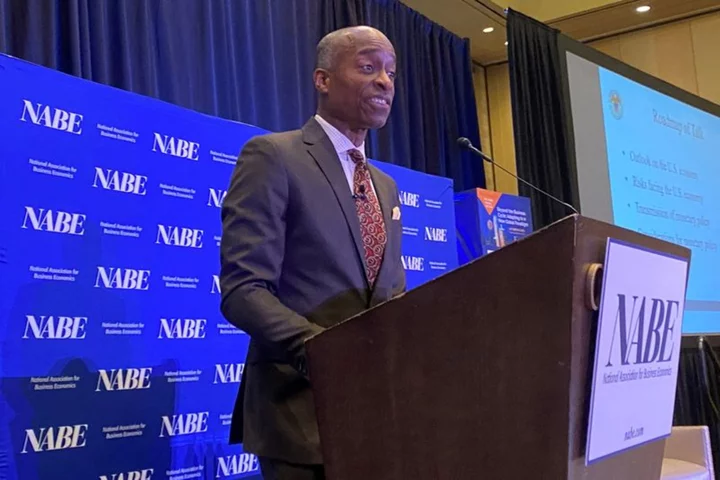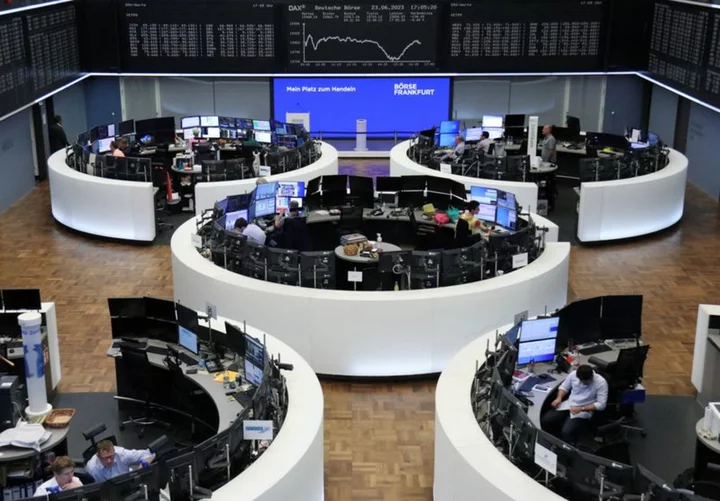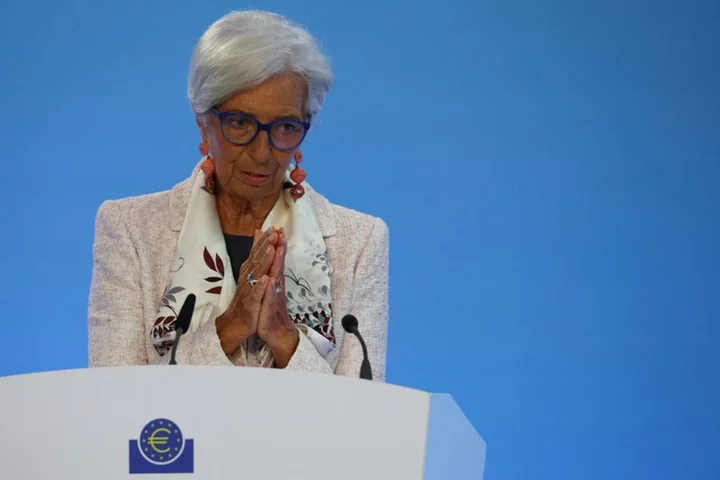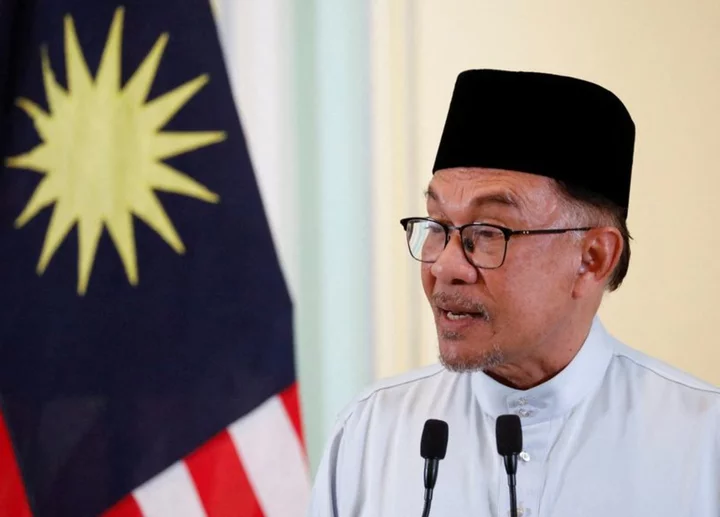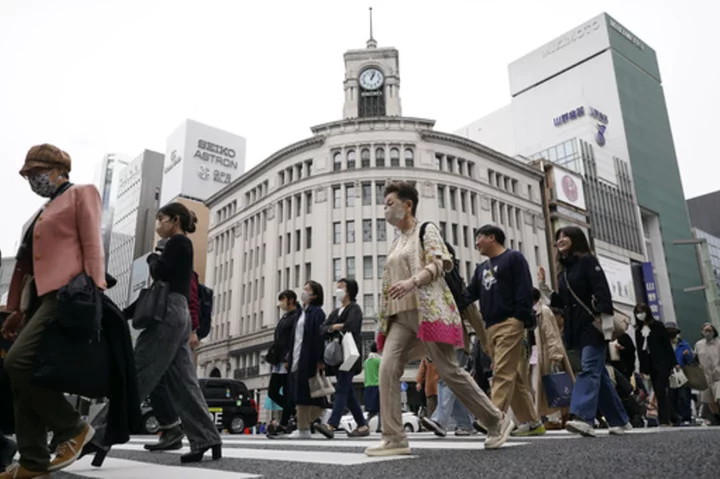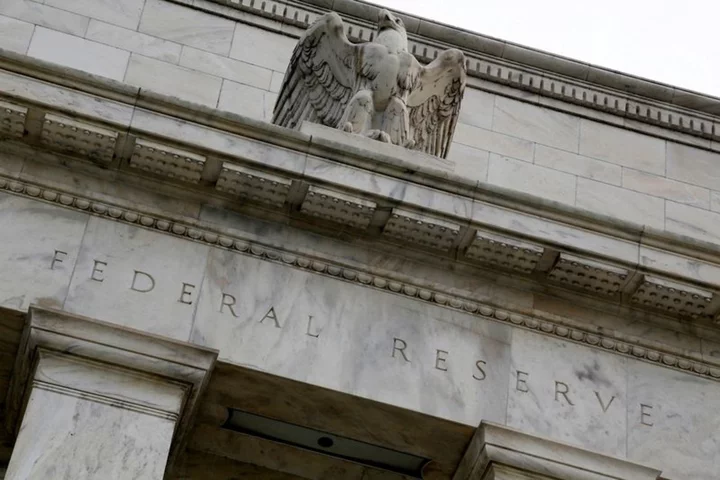Monetary policymakers may need to take more forceful action than otherwise to keep inflation expectations anchored when it is unclear how long high inflation might persist, Federal Reserve Vice Chair Philip Jefferson said on Tuesday.
Jefferson did not describe his economic outlook or his specific policy path preference in his remarks, prepared for delivery to a research conference in Zurich, Switzerland.
But he did note that economic uncertainty by many measures spiked during the COVID-19 pandemic and that inflation uncertainty in particular remains unusually high.
Jefferson emphasized that central bankers must take uncertainty into account when making policy, with the economic literature laying out two very different approaches -- one that counsels gradualism in the face of uncertainty, and the other that calls for stronger-than-usual monetary medicine.
"One case of perennial interest to central bankers is inflation persistence," Jefferson said, where both approaches outlined in the literature "tend to lead to policy that is stronger than the certainty equivalent case to forestall the possibility of inflationary forces becoming embedded in inflation expectations."
The Fed has taken aggressive action against high inflation, raising the policy rate by 5.25 percentage points over the course of 18 months to its current range of 5.25%-5.50%, which was reached in July.
Inflation has come down from the summer of 2022's 40-year-highs, and is now at around 3.4% by the Fed's preferred measure.
Inflation expectations softened in October, a New York Fed survey showed this week.
Fed Chair Jerome Powell has left the door open to further policy tightening should progress toward the Fed's 2% inflation goal stall out.
(Reporting by Ann Saphir; Editing by Leslie Adler)

